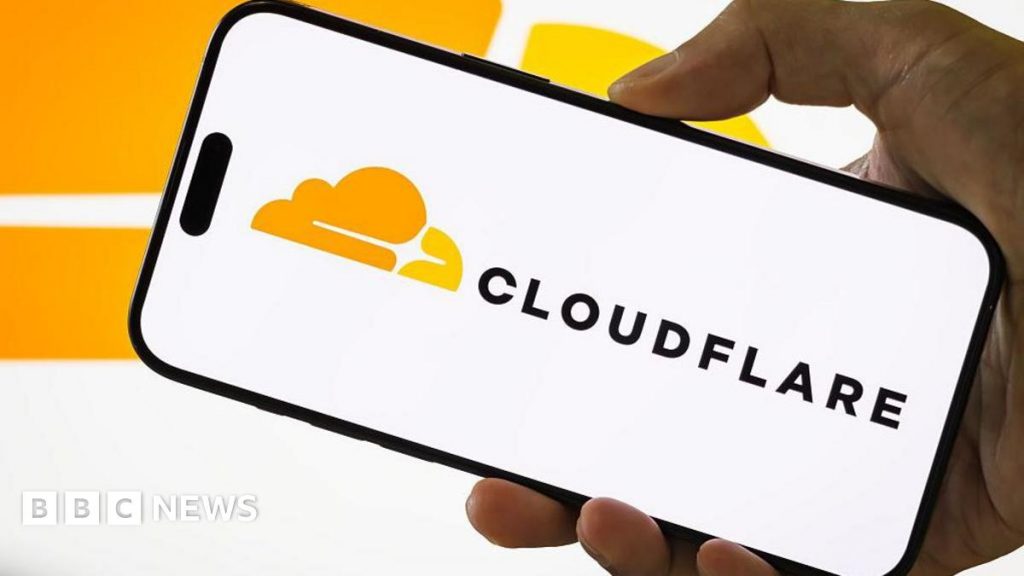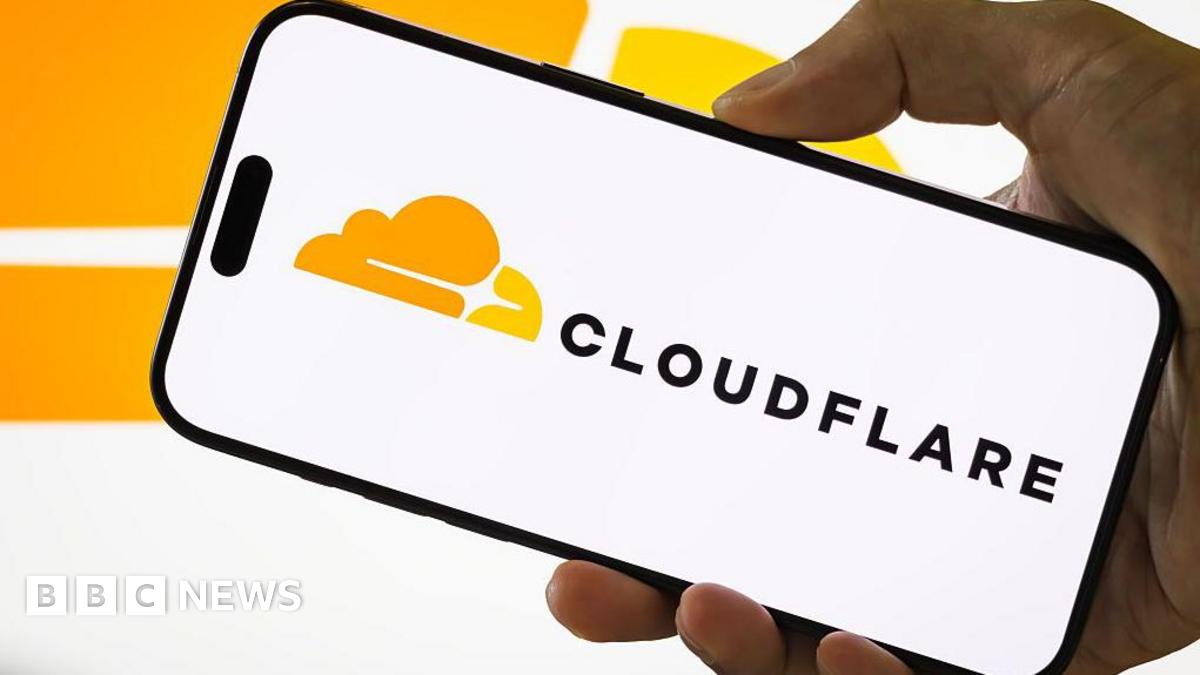Now Reading: Innovative Technologies That Will Soon Transform Our Daily Lives
-
01
Innovative Technologies That Will Soon Transform Our Daily Lives
Innovative Technologies That Will Soon Transform Our Daily Lives

In recent years, the pace of technological innovation has accelerated to a point that everyday life may soon feel completely different from what we know today. Behind this shift are three converging forces: artificial intelligence (AI), sustainable energy solutions, and immersive digital platforms. These frontiers are not advancing in isolation; rather, they interact and reinforce one another, forming an interconnected foundation for a new era of human experience.
Artificial Intelligence (AI) is at the heart of this transformation. No longer confined to research labs, AI now powers digital assistants, recommendation engines, and automation tools woven into daily workflows. The next frontier lies not only in more powerful models but also in adaptive systems that understand personal context. Imagine waking up to a home environment that regulates lighting, temperature, and energy use based on your habits but does so more efficiently by integrating renewable energy storage and predictive climate analysis. Education, too, is becoming more adaptive, with AI-driven personalized learning platforms offering real-time adjustments to teaching methods based on a student’s pace and comprehension.
Sustainable energy innovations are emerging just as forcefully. Smart grids, solar panels with higher efficiency, and decentralized energy storage are transitioning homes and businesses away from dependence on fossil fuels. Soon, individual households may become micro-generators of green energy, not only powering themselves but contributing excess electricity back into the grid. This could fundamentally shift how communities operate, making neighborhoods more resilient to outages and environmental disruptions.
Meanwhile, the rise of immersive digital platforms such as augmented and virtual reality promises to change both work and leisure. Remote collaboration may soon be as natural as physically being in the same room, with holographic avatars replacing flat video calls. Entertainment is evolving toward fully interactive story worlds, while healthcare practitioners increasingly rely on virtual platforms for patient rehabilitation, guided surgeries, and global consultations.
With these opportunities, however, come significant challenges. Privacy becomes harder to safeguard as devices monitor health metrics, energy usage, and personal behaviors. Equity must be addressed to prevent a widening gap between those who can afford cutting-edge solutions and those left behind. Accessibility is another essential concern; technologies designed without universal usability risk excluding vulnerable populations. Achieving a human-centered transformation will require global collaboration, transparent data governance, and thoughtful policies that balance progress with protection.
While AI, clean energy, and immersive worlds define one dimension of tomorrow’s reality, the convergence of robotics, biotechnology, and next-generation connectivity brings another, perhaps even more profound, wave of transformation. Together, they suggest a future where technology is not just an external aid but an extension of human capability itself.
Robotics is moving well beyond manufacturing floors. In daily life, robotic companions and service bots could soon help with elder care, home assistance, or even emotional companionship. These machines will not merely execute rigid tasks; they will learn, adapt, and develop more natural interfaces for human interaction.
Biotechnology and genetic engineering open transformative possibilities for healthcare. The ability to detect diseases early through non-invasive wearable markers, coupled with precision tools like CRISPR gene editing, may significantly extend human longevity. At the same time, bio-integrated systems such as smart implants or organ-on-chip models could provide continuous data for better diagnostics and treatment personalization.
Enhancing these advances will be ultra-fast connectivity networks. Current 5G platforms already increase bandwidth and reduce latency, but the planned rollout of 6G networks will go further, enabling real-time, globe-spanning communication at nearly imperceptible delays. Such capabilities will allow telepresence surgeries, seamless language translation, and expansive global collaboration in education, governance, and scientific research.
The fusion of brain–computer interfaces (BCIs) with these systems further blurs the boundary between human thought and digital execution. Individuals could potentially control devices purely with neural signals, allowing those with disabilities to regain movement or communication, while others may use BCIs for creative expression, collaborative work, or cognitive enhancement.
These convergences promise a world of convenience, improved well-being, and new avenues for human creativity and expression, but they also challenge social norms and ethical boundaries. Should gene editing be available only for therapies, or also enhancements? What responsibilities do designers of robotic companions have in shaping emotional bonds? How do we regulate global infrastructures when innovations transcend national borders?
To move forward responsibly, robust ethical frameworks, inclusive policymaking, and interdisciplinary research will be essential. The goal is not merely to accelerate innovation but to ensure it remains genuinely human-centered—strengthening resilience, preserving dignity, and enhancing rather than eroding the value of human connection.
The emergence of these technologies signifies more than just convenience or entertainment; it marks a fundamental shift in what it means to live, work, and connect in the 21st century. With AI orchestrating daily functions, sustainable energy underpinning cities, and biotechnology reshaping human health, the coming decades will define how humanity chooses to merge with its own creations.
The key lies in balance: embracing the boundless potential of science and creativity while anchoring progress in values of equity, accessibility, and respect for the natural world. If achieved, the future will feel less like being overwhelmed by machines and more like being seamlessly supported by an invisible, intelligent ecosystem—a reality where technology magnifies human potential rather than diminishing it.














